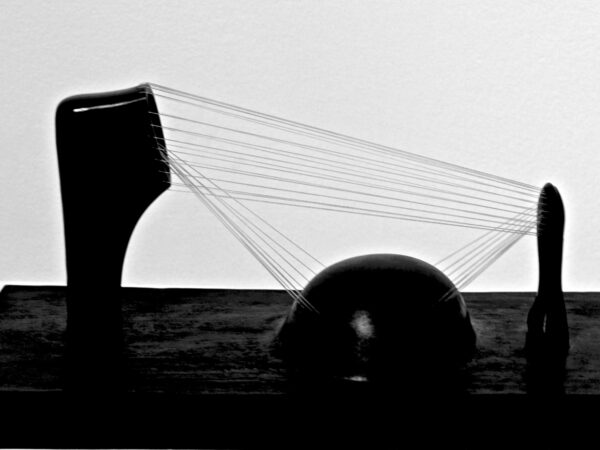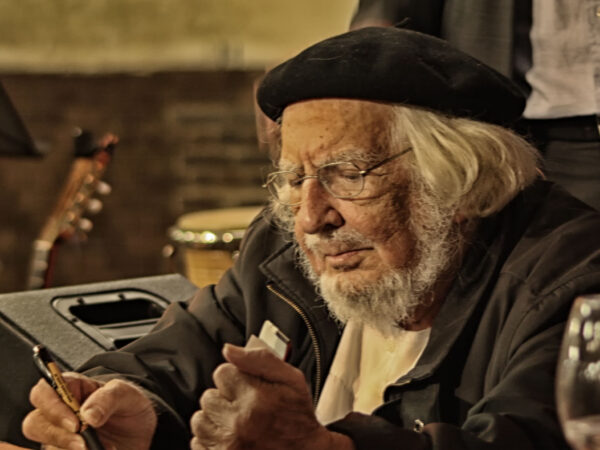
Ubik illuminates what is at stake for the human reimagined as human capital through these transitions, an alienation that expands beyond Joe’s struggles with his apartment door to encompass the deformation of the boundaries of reality itself as he investigates in a world whose ontological foundation has become fluid—commodities are regressing into earlier instantiations of their core use value, and the plot never entirely confirms for us whether it is Joe or his employer who exists in the state of cryonic suspended animation after bodily death that the novel names half-life.

This intervention invites readers to consider Largier’s interdisciplinary approach on figuration and theistic immanence, particularly in the light of Foucault’s reflection on Subject and Power and his large influence on Anthropological and Social Sciences studies of power and the willful subject. Napolitano examines mystics and negative theology’s thread of “the ground” in Largier’s work, likening its affective intensity and dynamic of figuration to an otherwise imagination of the political, and its forms of violence.

All three texts concern lives: the formed life, the deformed life, and a life without a why – a useless life freed from subjection to transcendence.

The emergence of a new critical theory for the 21st century, exemplified in the writings of such theorists as Foucault, Agamben, Žižek, and Badiou as well as in such zones of contemporary discourse as biopolitics and globalization theory, has tremendous yet still uncharted consequences for theological thinking.
